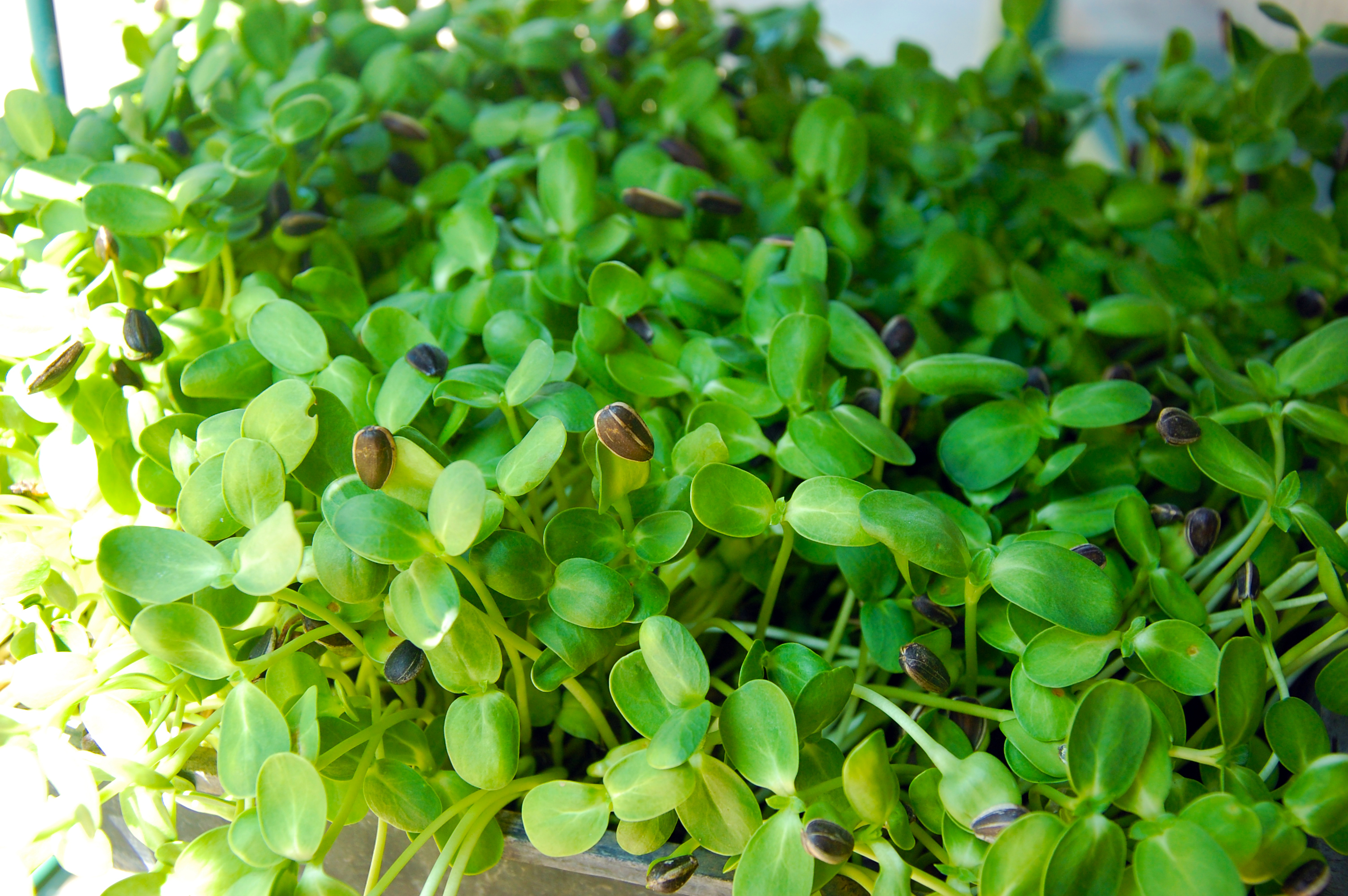3 min read
The Health Benefits Of Sprouts
By: OHI on Jun 9, 2022 12:00:00 AM

Sprouts have been a staple of Chinese cuisine for more than five millennia, and they’ve recently become popular in the West as well. Sprouts are very young plants that are harvested just a few days after they germinate. Most sprouts you’ll encounter fall into four categories:
1. Bean and pea sprouts: These include mung bean, kidney bean, black bean, lentil, and snow pea sprouts.
2. Vegetable sprouts: These include broccoli, alfalfa, mustard green, and red clover sprouts.
3. Nut and seed sprouts: These include pumpkin seed, sesame seed, and sunflower seed sprouts.
4. Sprouted grains: These include wheatgrass and quinoa sprouts.
Sprouts are jam-packed with vitamins, minerals, fiber, and are a great source of antioxidants. Specifically, sprouts are an excellent source of phosphorus, beta-carotene, vitamins K, C, A, and many B vitamins like niacin, riboflavin, thiamin, folate, and pantothenic acid. Sprouts also contain minerals like zinc, calcium, manganese, copper, potassium, and magnesium. In fact, sprouts have higher amounts of these nutrients than fully-grown versions of the same plants. Plus, sprouts are low in fat, sodium, and calories.
While sprouts provide many nutritional benefits, research also points to many health benefits to eating sprouts:
Low Blood Sugar Levels
Studies suggest that sprouts can lower blood glucose levels. This may be a result of two separate processes. First, compared to unsprouted seeds and grains, sprouts have lower levels of carbohydrates, which may help control insulin levels. Second the presence of enzymes in the sprouts affects how the body breaks down carbohydrates, which impacts glucose levels.
Improved Digestive Health
According to many studies, sprouting a seed significantly increases the amount of fiber it contains. Much of this fiber is “insoluble” fiber, which means it doesn’t dissolve in your stomach. Instead, it acts as a prebiotic and feeds the “good” bacteria in your intestines. These bacteria are important for maintaining a stable, healthy digestive system, and can help reduce symptoms like bloating and gas.
Improved Heart Health
Several studies have shown that consuming sprouts can lower cholesterol levels in people with diabetes or obesity. One study showed an increase in “good” HDL cholesterol as well as a drop in triglycerides and “bad” LDL cholesterol. Lower levels of cholesterol are connected to lower risk of heart disease and atherosclerosis.
Boost the immune system
The natural bioactive sulforaphane compound in sprouts helps activate the body’s immune response against viruses.
How to soak and sprout nuts, seeds, and grains
Soaking and sprouting is very easy. The method is exactly the same for nuts seeds, and grains – only the time required for full germination changes.
GET a quart-sized (or larger) mason jar. Remove the solid middle insert of the lid, and cut a piece of cheesecloth or breathable mesh to fit inside.
FILL one-third of the jar with nuts, seeds, or grains, and fill the rest of the jar with warm, and filtered water. Screw the lid on with the cheesecloth or breathable mesh screen in place.
SOAK for time listed in table below.
DRAIN/RINSE thoroughly every few hours, or at least twice daily.
INVERT the jar and lay at an angle so that air can circulate, and the water can drain off. Allow to sit in the light.
WAIT for sprouts to show in 1-4 days. Sprouts vary from 1/8” – 2” long. When ready, rinse sprouts well, drain, store in a jar (with the solid part of the lid replaced) in the fridge.
ENJOY within 2-3 days.
Food Soaking Time (hours) Sprouting Time (days)
Almonds 8-12 3
Amaranth 8 1-3
Barley 6 2
Buckwheat 6 2-3
Millet 5 12 hours
Pumpkin Seeds 8 3
Sunflower Seeds 8 12-24 hours
Quinoa 4 2-3
Wheat Berries 7 3-4
Wild Rice 9 3-5
Safety tips for eating sprouts
Once you have fresh sprouts at home, they should be chilled and stored in a refrigerator that can keep them at or below 40 degrees Fahrenheit. Wash your hands before and after handling sprouts, and rinse sprouts well before consuming them to reduce the risk of contamination from salmonella and E. coli. If they’re slimy, smelly, or musty, you should throw them out right away.
Learn more about the benefits of sprouting and a plant-based diet at OHI San Diego and OHI Austin. Our caring team can help you achieve your mental, physical, emotional, and spiritual goals for optimal health. Visit our website at www.optimumhealth.org , and call us at (800) 588-0809 to make your reservation.


